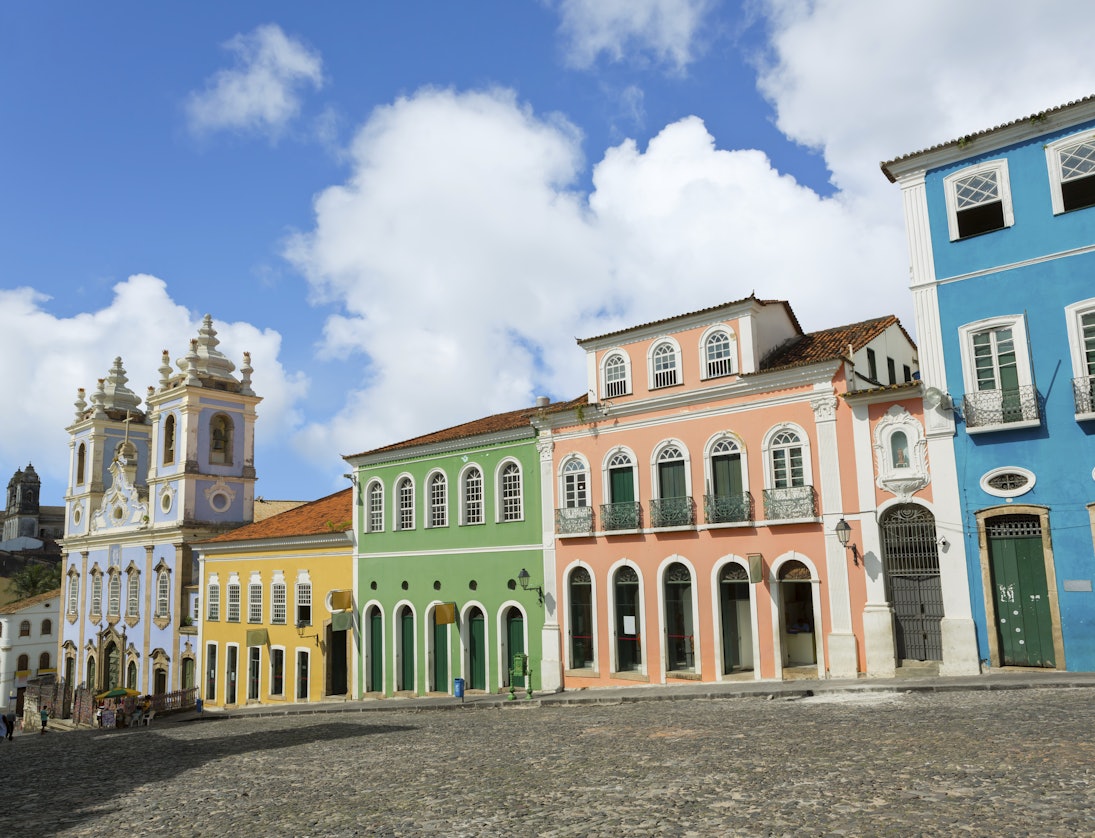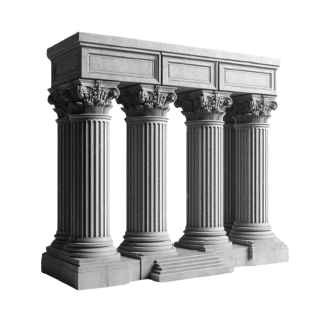

Overview
Salvador da Bahia has an energy and unadorned beauty that few cities can match. Once Portugal's colonial capital, today Salvador is the pulsating heart of the country’s Afro-Brazilian community. Festivals happen frequently, with drum corps pounding out rhythms against the backdrop of historic buildings almost daily. Elsewhere in town, a different spirit flows as crowds of religious adherents celebrate African gods at Candomblé ceremonies. In fact, there’s no other place in the western hemisphere where the culture of those brought as enslaved people from Africa has been preserved as it has been in Salvador – from music and religion to food, dance and martial-arts traditions. Aside from the many attractions within Salvador, a gorgeous coastline lies right outside the city – a suitable introduction to the tropical splendor of Bahia.
Plan your trip with Guide, an AI travel planner!
Create a personalized trip itinerary in seconds using artificial intelligence.
Must-see attractions
Get a book. Get inspired. Get exploring.
in partnership with getyourguide








